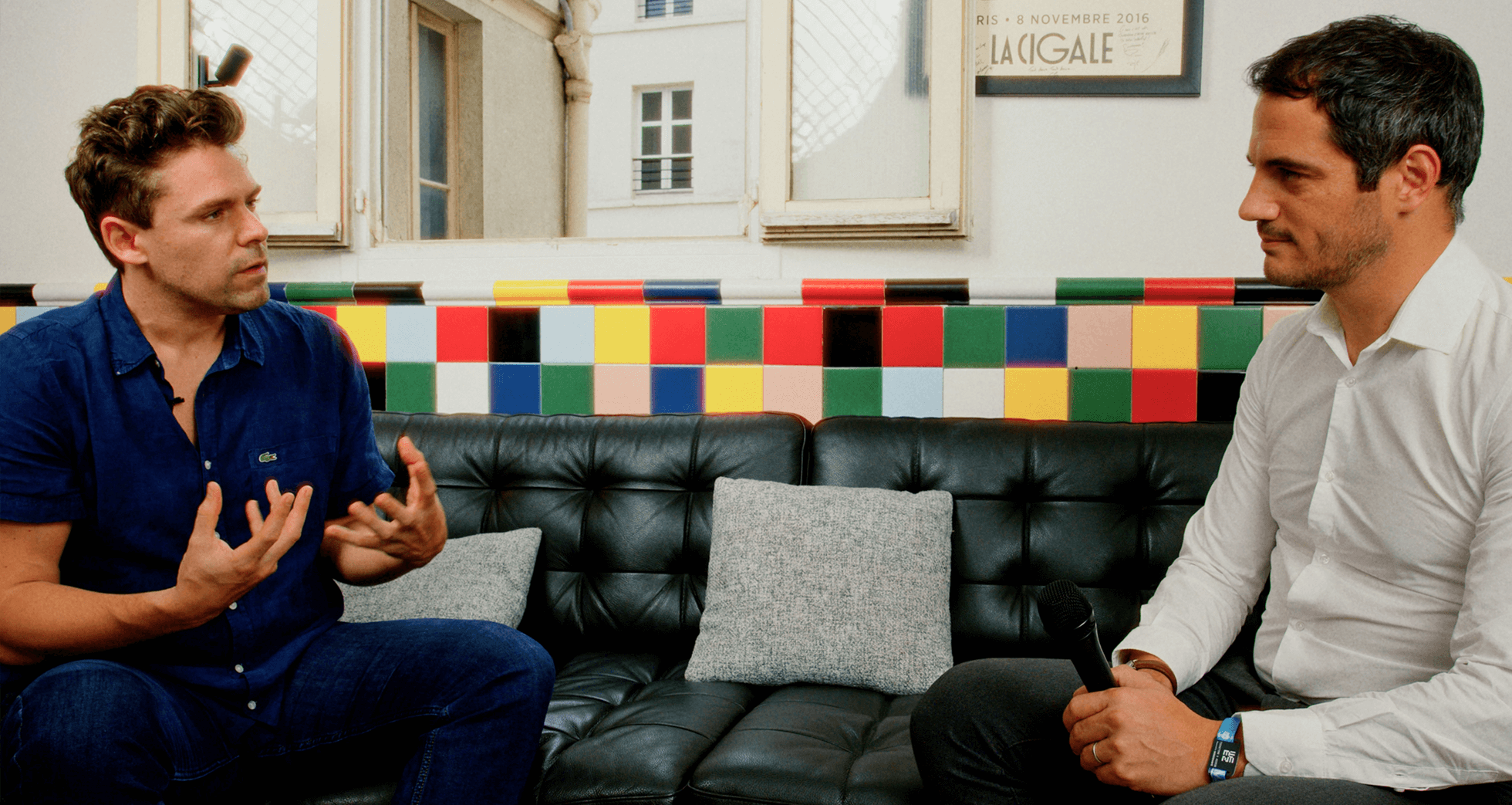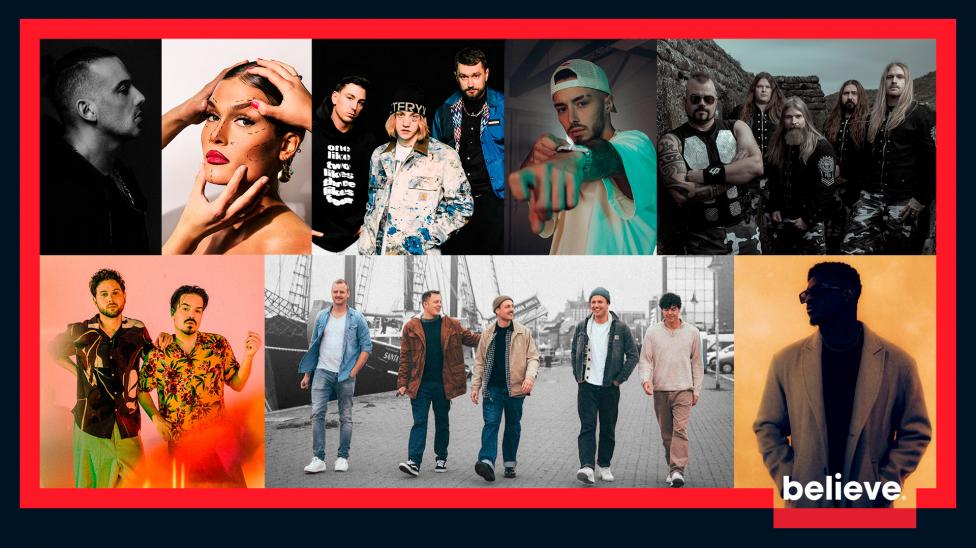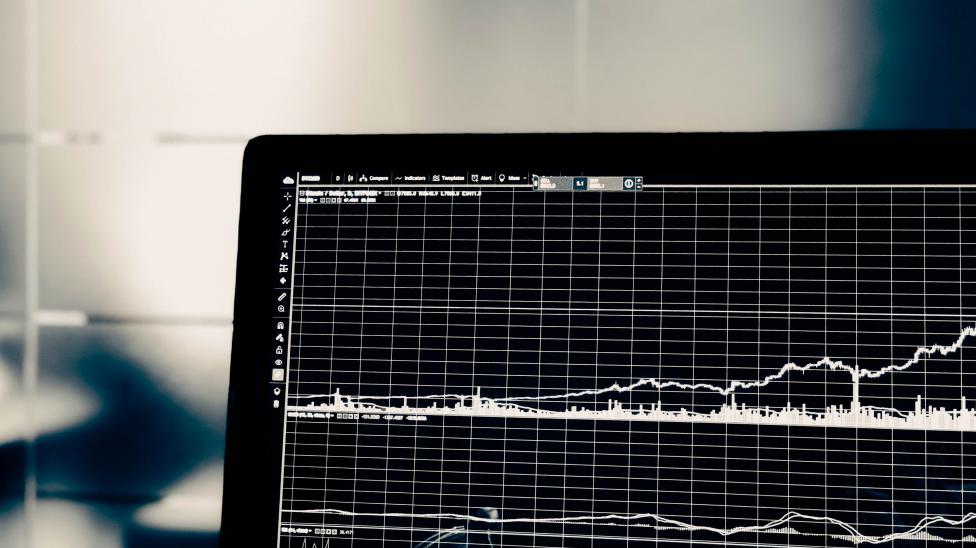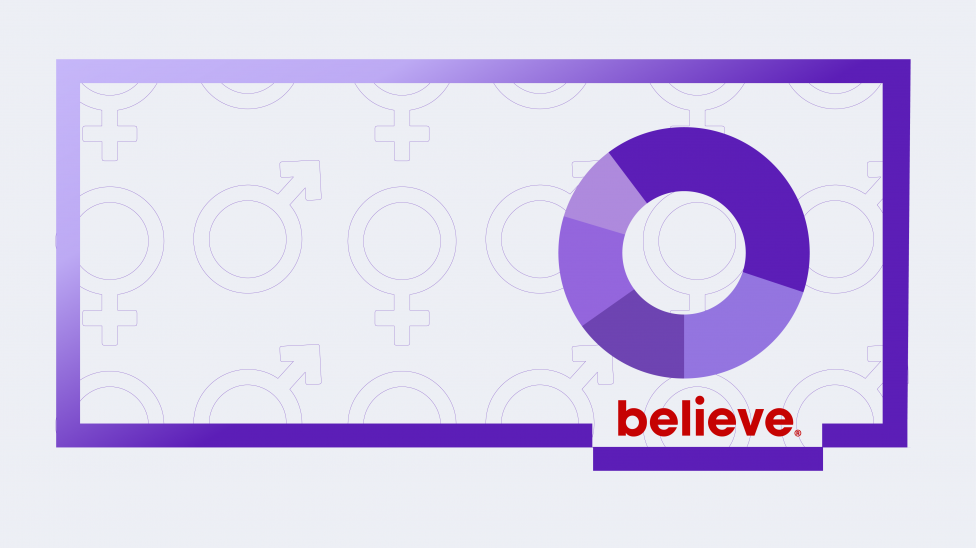
Face To Face With French Cellist Christian-Pierre La Marca

Renowned cellist Christian-Pierre La Marca, signed to the no-less renowned French label Naïve, is the very first classical musician to be interviewed in our Face to Face interview series. He gives us his vision of classical music and the impact of digital technology on the genre.
In 2020, the French newspaper Le Monde presented Christian-Pierre La Marca as one of "France's elite cellists". This is no exaggeration, but to confine Christian-Pierre La Marca to France is perhaps a little reductive, as his talent and charisma have led him to perform all over the world.
Trained in Aix-En-Provence, Paris, London and Cologne, Christian-Pierre has performed on the most famous international stages - Philarmonie de Paris, Vienna Konzerthaus, La Fenice in Venice... - and has performed as soloist with the most prestigious orchestras, including the Philarmonia Orchestra, the London Chamber Orchestra and the Orchestre National de France. An experienced Baroque cellist, Christian-Pierre performs regularly on period instruments in Baroque ensembles, and he often appears as a musician in chamber orchestras.
His discography reflects his insatiable curiosity and desire to open new horizons for his audiences. This versatile musician has explored the repertoire of Mendelssohn, Ravel and Schubert, Bach's suites for cellos, and shared his love of French composers and sacred music. And after releasing three records with Naïve, is getting ready to publish a new album dedicated to Clara et Robert Schumann.
On the occasion of Naïve's 25th anniversary concert, Christian-Pierre sat down with Pierre-Antoine Devic, head of Naïve's classical and jazz department, to discuss his career, his projects and how digital technology and streaming have also brought about major changes in the world of classical music.
Pierre-Antoine Devic: Prior to joining Naïve, ÿou released 8 albums on other labels. With Naïve, we released 3 albums: Cello 360 - with which we won the Gramophone Awards two years ago - Wonderful World and Legacy. How would you define the difference of collaboration between your former labels; Naïve and Believe.
Christian-Pierre La Marca: I would say it's a totally different approach. What I like about Naïve is the fact that you are totally free in the discussion.
When I come to see you, talk with you and with all the team, there is this way to listen to artists, which is very, very different from what I had before, which was a little bit more “generic”, I would say.
Here, we can go into the details of what I really dreamed about for many years. And just in terms of repertoire, we can go in in what is the most sincere and deeply near to me. I think it makes a difference in the end because I think people are feeling it.
And in particular with this solo project for instance. We were very ambitious somehow to go in that direction. Same thing for this nature project around environment. Everything was so creative, in my opinion. I have my full creativity with Naïve and I think that really makes a difference with the major company whom with I worked before, because I can be totally myself and this is priceless.
Pierre-Antoine Devic: Now we are going to talk about digital activities, which is a specialty of Naïve and Believe. Classical music has just started to integrate massively digital tools in order to develop audiences and projects., As far as you're concerned, how do you handle your digital activities and how Nave helps you or do for you and your projects.
Christian-Pierre La Marca: Of course, streaming platforms and social media combines, and they are both massively important for any artist, in any kind of music. So classical is not so different in that field. I would say classical is basically growing in the same direction than the other music genres. It's massively important for us to be present on streaming platforms, first because if we need to be visible, we need to speak to many different countries in the world.
And what’s better than these platforms to be seen and to be listened to. In that sense, I think Believe and Naïve are the best team for me, because we are working together in the same direction. We try to make things happen, to communicate and to be as visible as possible in in terms of playlists, in terms of special content. Like what we did for Apple Music for example: we basically created a Christmas track for Apple Music in 2022. And it was actually very successful. Everything we try to create is basically now going in that direction.
Without forgetting that we also need to be present the physical field, because it's still very important. Again, to be close to the people. And that's basically what artists try to do in any kind of music, but especially us in the classical world. I think we try to connect with people first with the music secondly with the message we have. So, in that sense, new media and social media are very important.
And also you can get the reaction from people with social media. When you put something out, like a new album, you immediately have a massive response. So, you can adjust your work, which is what we are aiming and what we look for all the time. It doesn't mean it will affect the way we play, but it means we will build our programs, our show, in a different way; maybe in a different order, etc.
I think it's exceptional, the way we can connect with people. That's the most important thing in the classical music field.
Pierre-Antoine Devic: Streaming platforms are taking a more and more important place. We have two categories of platforms, the specialized ones such as Apple Music Classical, that opened in 2023, or Presto Classical; and mainstream platforms such as Amazon or Spotify, where we see a growing audience for classical music. What is your vision about these platforms and the audience that are growing on them?
Christian-Pierre La Marca: My vision is very easy… You know, it's great for us to have these specialized platforms, who are considering our art a little more in-depth. It means that we can go in a little bit more in details about the piece titles, the pieces we play, the composers… This way, you have much more detail, you can have much more content on any track you are listening to.
I think that not being able to have a lot of details on a record, on a song is what some people are missing about the streaming environment. It's like it's less personal. Because of course, you can feel a track and you can listen to it, but you don't have this thing in your hand, or you don't know who you're talking to… I don't know, it feels less precise somehow.
I think specialized platforms are doing an amazing job at being more specific and at understanding what you are doing as an artist, and with your project. I mean, you can describe your project in detail, go deeper into it, add some sort of booklet, and everyone can have access to all of that.
And they do a lot for sound quality too! We forget all the time to speak about the quality of recording. You know, we speak a lot about image quality, TV quality. It’s 4K, 6K, 8K. But sound quality is somehow going lower and lower. And I think that to feel classical music, to feel any kind of music, we need this energy, this amazing HD quality. And I think these platforms are going into that direction.
Now, regarding more generic services like Spotify, Amazon or Deezer, they mix all sorts of music, which gives you the possibility to be listened in a different way by different audiences. And that’s a totally different story for us because we are also listened in a different context. I think these services don’t play the same role, but they all converge to our world somehow.
I would say this is good if we keep quality if we all work together to develop the quality of sound, the quality of content. And I think that with Believe and Naïve, we really care about that. We are taking and investing a lot of in that direction, and that makes me really happy because I I just think it has to be connected. Everything has to be connected.
Pierre-Antoine Devic: As we all know, concert activities are very important in the classical music field. As you mentioned, you play in many countries in the world on a regular basis. How did you see digital tools and digital activities integrate into that classical music world?
Christian-Pierre La Marca: I would say it's much more visible since the COVID period. Of course, everything had stopped, so from that point I think we all felt the change. But we already had so many digital things before in classical music, with Medici.tv for example.
There's always been a camera somewhere whenever you played, but now there's even more. Which is good, because one way or another, people want to see you. There is always this relationship with the audience that we have to maintain.
In that sense, live music is amazing because it's a different process, but I think the truth of an artist lies in the way he exchanges with his audience. And I really believe in that. You cannot lie when you just play or perform. You have to be yourself.
But yes, digital has developed a lot and I think it's for the best. We are also seeing video clips and movies developing in the classical music field, which is something we were not doing at all before. All these tools are very important for us, because in the end, it helps make a link with our audience and get closer to it.
Pierre-Antoine Devic: Before concluding, can we say a few words about your forthcoming projects, recording and tours?
Christian-Pierre La Marca: Sure! I'm working right now on probably the most beautiful love story of all time in classical music, which is the love and the letters of Clara and Robert Schumann.
The story is amazing. I fell in love when I discovered the beauty of their correspondence, the letters they were exchanging for many years. I saw how close they were to all the composers of that time like Felix and Fanny Mendelssohn, Liszt, Chopin… All these composers had dinners together, exchanged together, and in their correspondence, you can feel them. That’s fascinating to me.
I commissioned from women composers and men composers, so they are corresponding to each other in music. This is an enormous project I’ll be working on in 2024. The Last Love Letters is the concerto, and the concerto will be on the CD like the Last Love Letters.
I recorded it with the Philarmonia Orchestra in London, which is amazing and a big life achievement. So I'm very proud to present that soon. It's a big adventure for me and I hope people will follow that.
I’ll be on tour in 2024 too. In France, the premiere will be at the Théâtre du Chatelet. There will be a show in London as well. And I will be touring Australia and New Zealand for three weeks this summer. Right now, I’m very much into that project and it makes me very happy.
Pierre-Antoine Devic: We are are very happy for you too Christian-Pierre, thank you very much for joining us!
Christian-Pierre La Marca new single 'No Time To Die’ is out and available on many platforms!
You can follow him on Instagram, TikTok and Youtube.


